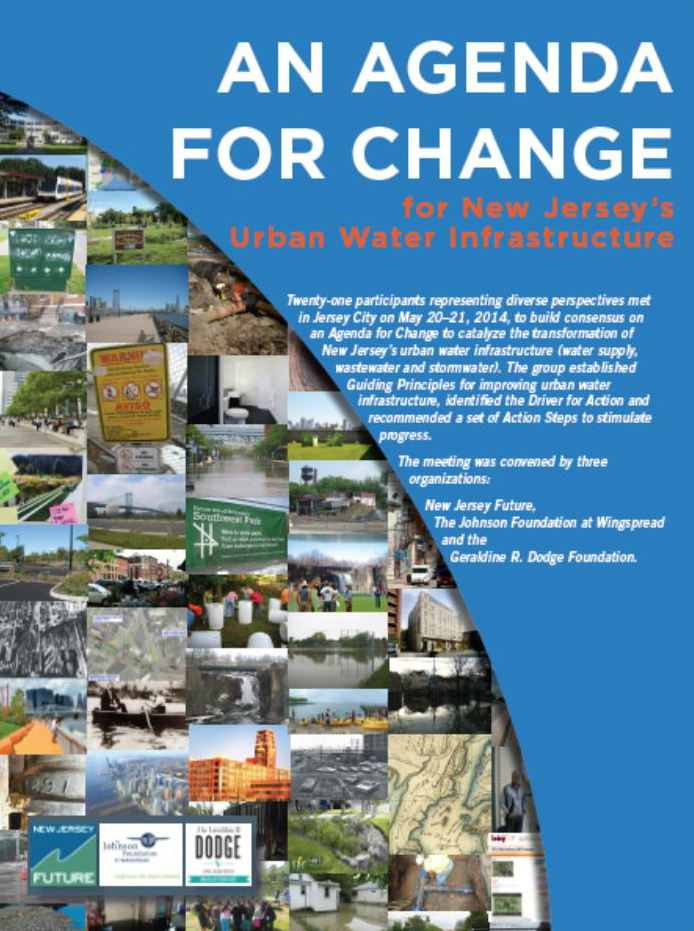New Jersey Future Blog
New Jersey’s Labor Force
August 30th, 2002 by Tim Evans
- New Jersey’s jobs and workers are more heavily skewed toward knowledge-based industries and professions than the country as a whole.
- Some 66.5 percent of New Jersey workers are in “management, professional and related occupations” or “sales and office occupations,” compared with only 60.3 percent in the nation as a whole.
- A quarter (24.8 percent) of New Jersey jobs fall into what are considered “knowledge-based” industries, including information, finance, insurance, professional, scientific, management and administrative services – significantly higher than the national share of 19.3 percent. (Source: US Census)
HIGHLY PAID, SKILLED WORKERS VALUE HIGH QUALITY OF LIFE
Knowledge-based industries depend on a well-educated workforce, and New Jersey delivers.
The percent of the population age 25 and over that has at least a high school diploma is 82.1 percent in New Jersey, vs. 80.4 percent nationally, and the gap grows larger for higher levels of education. In New Jersey, 29.8 percent of residents age 25 and older have a bachelor’s degree or higher, compared to 24.4 percent nationally. The percent of population with a graduate or professional degree is 11.0 percent in New Jersey and 8.9 percent nationally.
The payoff is in higher incomes. The percentage of households earning at least $50,000 in 1999 was 54.7 percent in New Jersey, versus only 42 percent nationally. The percent earning at least $100,000 in New Jersey was nearly double the national figure — 21.3 percent versus 12.3 percent.
Highly paid, highly educated knowledge-based workers value quality of life when deciding where to work, and where to live. Their preference for urban amenities, from public transit and entertainment to vital downtowns, are fueling the resurgence of New Jersey’s older cities and smaller towns, from Hoboken and South Orange to portions of Newark and New Brunswick.
Smart employers are following this lead; Verizon recently opted for a $46 million renovation of its Newark headquarters, though the same money could have spawned another suburban corporate campus.
Working against this trend toward revitalization of older places are today’s patterns of development: cookie-cutter subdivisions, isolated office campuses and heavy traffic. We maintain the status quo at our own peril, because knowledge workers have very portable skills and therefore a choice about what part of the country they live in. New Jersey needs to change the way it develops if it wants to preserve its status as a premier destination for these workers – and the companies which employ them.
















